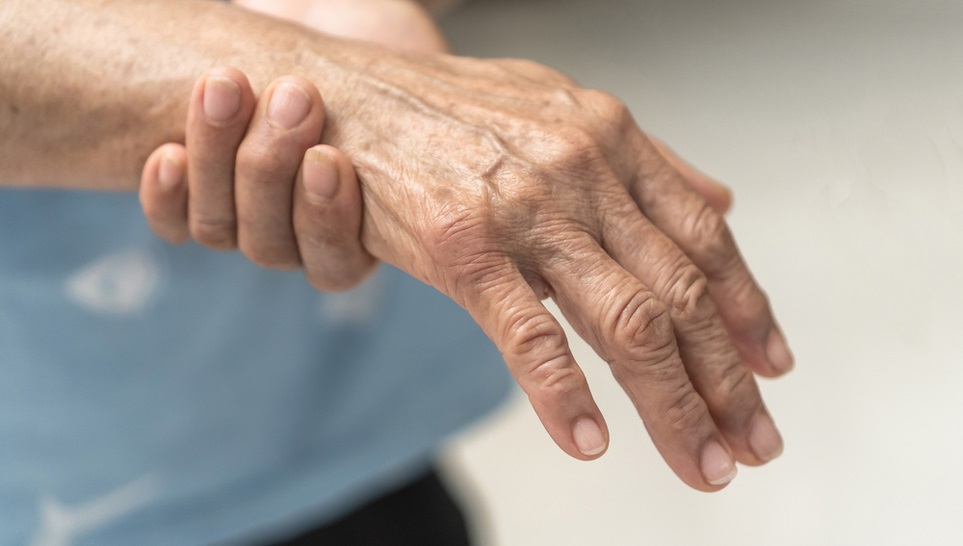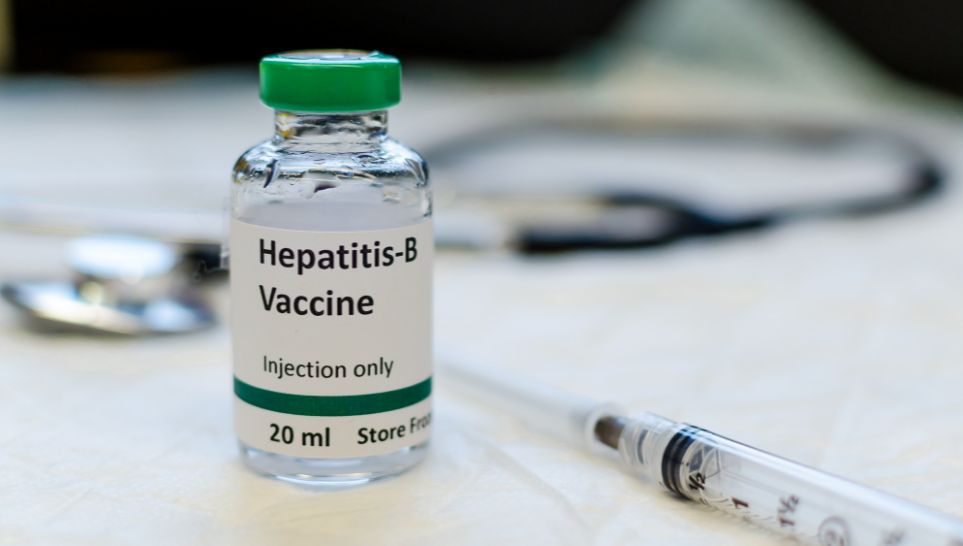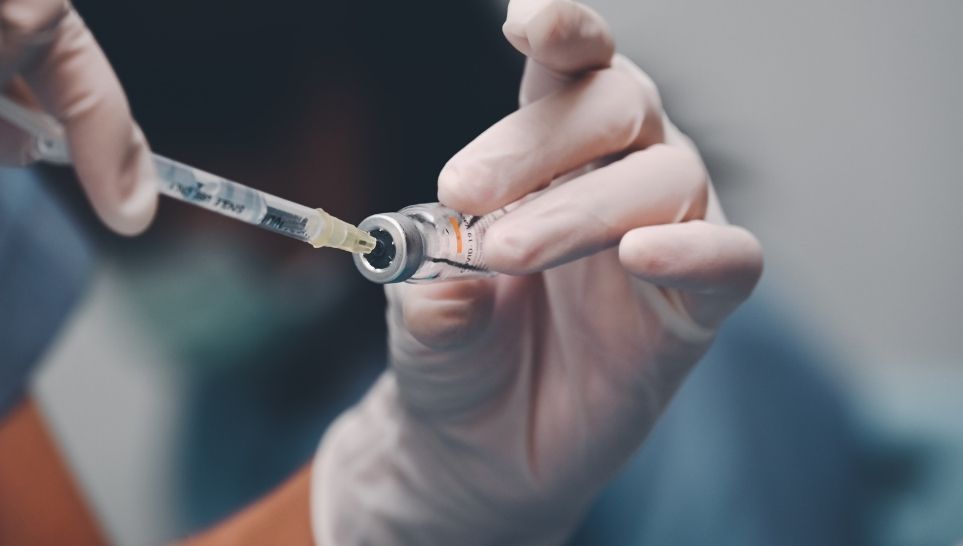
If you’ve developed Guillain-Barré Syndrome, you likely face many physical and emotional difficulties. This rare disorder affects every facet of your life, leaving you with plenty of questions. As we approach flu season, you’re likely wondering, “Are Guillain-Barré Syndrome and flu vaccines a bad combination?”
Guillain-Barré Syndrome damages your nervous system and results in various symptoms. Some last only a few weeks, while others linger for years. In this article, our legal team at Sadaka Law discusses some of the causes, common symptoms, treatments, and potential complications of this rare disorder.
What Is Guillain-Barré Syndrome?
Guillain-Barré Syndrome (GBS) is a rare disorder in which an individual’s immune system damages their peripheral nerves. These damaged nerve cells can lead to muscle weakness and even paralysis. Although GBS symptoms typically only last a few weeks and most people make a full recovery, some experience long-term effects and permanent nerve damage.
Like many diseases and disorders, GBS has multiple variants, including:
- Acute Inflammatory Demyelinating Polyneuropathy (AIDP)
- Acute Motor-Sensory Axonal Neuropathy (AMSAN)
- Acute Motor Axonal Neuropathy (AMAN)
- Miller Fischer Syndrome (MFS)
Approximately 3,000-6,000 people in the United States suffer from a variant of GBS each year. The most common variant is AIDP, which doesn’t discriminate between age or sex, affecting every individual evenly. However, contracting GBS is more likely if you are 50 or older.
Guillain-Barré Syndrome (GBS) Symptoms
If you have GBS, some of the most common symptoms you may experience are:
- Sensory disturbances in hands, feet, arms, and legs
- Muscle weakness
- Loss or lack of reflexes
In rare cases, people with GBS also have difficulty breathing and face respiratory health issues. Muscle weakness and sensory disturbances can sometimes affect the facial muscles and lead to paralysis. One of the most common risk factors for GBS is infection with a bacterium called Campylobacter jejuni.
Most patients experience several other health problems days or weeks before noticing GBS symptoms. These initial symptoms may include diarrhea, a respiratory illness, nausea, or vomiting.
What Causes GBS?

Healthcare professionals and medical experts don’t know for sure what causes GBS. However, many cases occur in the wake of viral and bacterial infections. You can also develop this rare disorder after contracting the flu or getting food poisoning.
The Centers for Disease Control and Prevention (CDC) has been studying Guillain-Barré Syndrome with the most up-to-date data and technology for a while. In rare circumstances, CDC scientists have discovered that people develop GBS not long after getting vaccinated. The CDC has also received many reports of GBS following the flu vaccine.
You may be wondering, “Does getting the flu vaccine increase my chances of developing GBS?” Unfortunately, the answer isn’t as simple as a yes or no. Many factors are involved, but research indicates a definitive relationship between Guillain-Barré Syndrome and flu vaccines.
Correlations Between Guillain-Barré Syndrome and Flu Shots
During the late 1970s, many U.S. residents got the swine flu shot to prevent a potential pandemic. However, following this spike in vaccination, reports of GBS and the risk of contracting it also increased. Since then, scientists have studied the correlation between Guillain-Barré Syndrome and the influenza vaccines.
Medical researchers agree that some seasonal flu shots increased the risk of developing GBS in the past. So yes, there is a notable correlation between GBS and the vaccine. However, there isn’t enough evidence to confirm or deny that getting a flu shot will cause GBS.
In 2017, the Vaccine Injury Table included GBS cases following influenza vaccination. According to the table, you can file a claim if you experience symptoms three to 42 days after getting your flu shot.
How Public Health Experts Investigate GBS Cases
The CDC and the Food and Drug Administration (FDA) investigate and approve all vaccines administered in the United States. If you or a loved one contracts Guillain-Barré Syndrome following a vaccination, be sure to notify public health experts through these organizations. They ensure vaccine safety with careful monitoring and extensive research.
Anyone can report side effects following a vaccination using the Vaccine Adverse Event Reporting System (VAERS). This system allows the CDC and FDA to monitor and research a specific vaccine and determine if they should investigate it further. VAERS reports do help, but they don’t determine if particular medical conditions result from certain vaccines.
Another way the CDC and FDA monitor vaccine safety is through the Vaccine Safety Datalink (VSD). The datalink provides a critical research base for the CDC and eight healthcare organizations.
How to Diagnose GBS

If you have Guillain-Barré Syndrome, you may notice symptoms such as muscle weakness, loss or lack of reflexes, and unusual feelings in your extremities. These indicators can help you identify your condition and seek medical treatment. However, symptoms don’t provide enough information to diagnose a GBS case properly.
Public health professionals typically rely on in-depth testing and data analysis to diagnose medical conditions. Before jumping to conclusions, you’ll want to undergo proper testing for rare disorders like GBS.
To diagnose Guillain-Barré Syndrome, physicians will most likely perform the following tests:
- Lumbar Puncture. Also called a spinal tap, a lumbar puncture occurs around the spine in your lower back (lumbar region). Physicians will insert a needle between two vertebrae to collect cerebrospinal fluid. This fluid sample can help identify many severe conditions involving the central nervous system.
- Electromyography (EMG) and Nerve Conduction Studies (NCS). An EMG test analyzes electrical signals within your body when you use and relax your muscles. An NCS helps determine how fast those signals travel along your nerves, measuring their efficiency.
Medical professionals can accurately diagnose GBS with testing such as lumbar puncture, EMG, and NCS. You don’t need to experience symptoms and constantly wonder if you have this rare disorder.
Treatment for GBS
Although GBS symptoms may develop clearly over time, it can be challenging to identify the early stages of this disorder. Symptoms may also grow severe and leave you vulnerable and in grave danger. Hospitalization is typically the first and most crucial step in treating GBS patients.
Once a newly diagnosed GBS patient is in the hospital, healthcare specialists can monitor and treat them. Doctors might exchange plasma and administer immune globulins through an IV during the early stages to reduce the disorder’s lifespan. Within four weeks, GBS patients usually transition from hospitalization to rehab.
Treating GBS is a complex process that requires cooperation from multiple specialists. You’ll need the help of a neurologist, psychologist, family physician, and physiatrist as you face this rare disorder. During the rehab phase, you’ll need assistance from several healthcare professionals, including physical therapists, occupational therapists, and perhaps even a speech therapist.
Despite getting treatment for Guillain-Barré Syndrome, you may still experience the following long-term effects:
- Periods of emotional pain
- Muscle weakness relapses
- Tingling sensations
Guillain-Barré Syndrome FAQs

It can be scary to find out that you or your loved one has Guillain-Barré Syndrome. You likely will have many questions and concerns as you try to sort through everything. Below, we’ve compiled some FAQs to help you better understand your situation and how to proceed.
How is Guillain-Barré Syndrome related to the flu vaccine?
Researchers have noted a relationship between Guillain-Barré Syndrome and flu vaccines. However, how or why seasonal flu shots affect the chances of developing GBS remains unknown.
Should those who have GBS still receive a flu shot?
If you have contracted GBS, medical professionals recommend avoiding the flu shot. You’ll want to take every precaution to reduce the risk of more severe symptoms and health complications.
How soon can you get GBS after receiving a vaccine?
The Vaccine Injury Table now includes GBS cases when they occur following vaccination. According to the table, it is not uncommon to experience symptoms of the rare disorder within six weeks after getting a flu shot.
Do vaccinations affect the likelihood of getting Guillain-Barré Syndrome positively or negatively?
Medical research shows that vaccinations can increase the risk of getting Guillain-Barré Syndrome. While the evidence doesn’t reveal specifics, it does show that you are more likely to contract GBS if you get vaccinated.
How does VICP work for flu vaccine recipients diagnosed with GBS?
The National Vaccine Injury Compensation Program (VICP) offers compensation to people who face injuries and serious health issues following vaccination. VICP allows you to make up for what a flu vaccine may have taken away from you and your family.
At Sadaka Law, We Can Represent You in Your Guillain-Barré Syndrome Vaccine Injury Case
Filing a vaccine-related injury claim can be frustrating, stressful, and overwhelming. You might not know who to contact, what documentation you need, and when to file your claim to ensure success. At Sadaka Law, we’re here to help.
Our Sadaka Law team of knowledgeable, experienced vaccine injury lawyers has helped defend Guillain-Barré Syndrome patients for years. We provide the insights and advice you need for your unique legal situation.
Guillain-Barré Syndrome and flu vaccines have a definite correlation. If you think your recent vaccination triggered the development of GBS, let our legal team at Sadaka Law assist with your vaccine injury case. Contact us today at (800) 810-3457 for efficient, dependable, compassionate legal defense.





